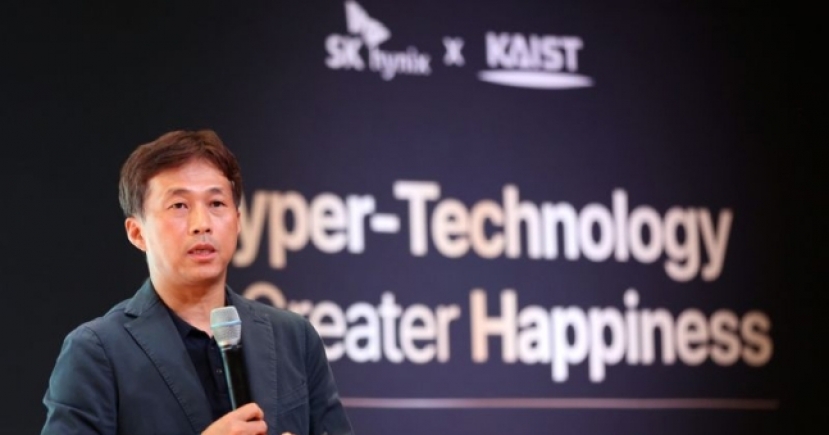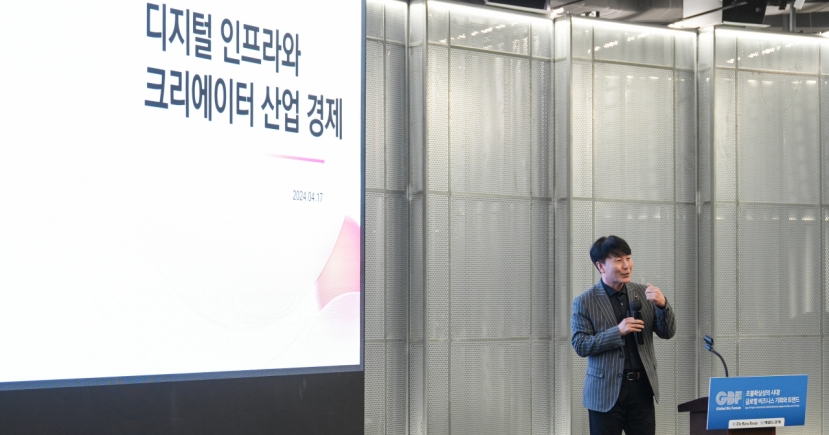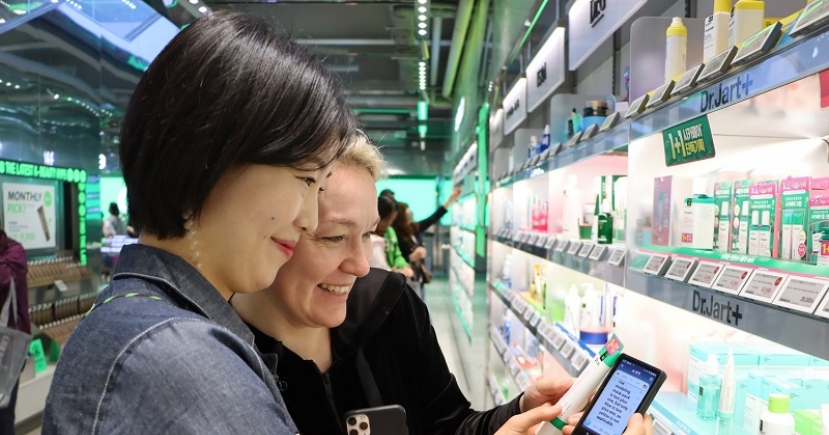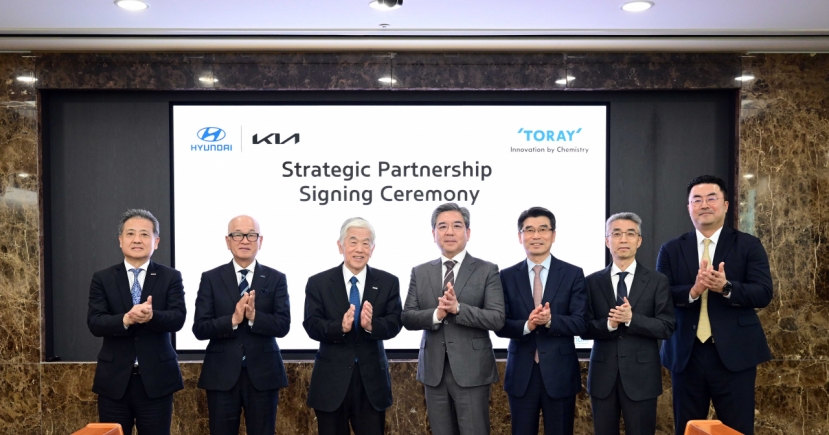Market Now
Korea unlikely to enter long-term recession: experts
 |
(From left, front row) Lee Sung-ju, president of Korea National Institute for the Gifted in Arts, Na Eun-gyung, president of NAS Communication, Choi Jung-wha, president of CICI, Lee Kyung-soo, head of Meritz Securities Research Center, New Zealand ambassador Philip Turner and Didier Beltoise, president of Cs, pose for a photo at a seminar held at the German ambassador’s residence in Hannam-dong, Seoul, Tuesday. Behind them on the second row stands Singaporean Ambassador Eric Teo (far left) and German Ambassador Michael Reiffenstuel (second left). (CICI) |
The risk of Korea entering a long-term economic recession is relatively low as Asia’s fourth-largest economy is likely to gradually recover from the pandemic under the “living with COVID-19” strategy, experts said Nov. 2.
“Many worry that the Korean economy would suffer a long-term recession due to huge government debt. But the country is on the move to actively recover from the pandemic by taking its first step, lowering the social distancing measures,” said Lee Kyung-soo, head of Meritz Securities Research Center.
“Once people return to the job market and industry operations become more active, the country will unlikely to go through sovereign debt crisis.“
Lee, who made the remarks during a seminar on the global financial market outlook, said unlike the 1929 Great Depression or 2008 global financial crisis that had obvious culprits to blame, COVID-19 was nobody’s fault and cannot be pinned on financial institutions or governments.
 |
Lee Kyung-soo, head of Meritz Securities Research Center, gives a lecture on the global financial market outlook at the German ambassador’s residence in Seoul, Tuesday. |
“There will be no large-scale bankruptcies like back in the two recessions that could plunge the country into a deep economic recession,” Lee said at the seminar held at the German ambassador’s residence in Seoul.
Bleak recovery signals stemming from high levels of inflation would not be much of a problem if the country takes care of the supply shortage, according to Lee.
“Our data shows supply side of the economy is not catching up with the demand. But we estimate the inflation levels would be relieved by the first half of 2022,” Lee said.
Since the Korean and global economy are unlikely to fall into a recession, Lee said people should feel safe in investing in stocks of companies that are leading the innovative front.
“Investors should buy the stocks of the companies that could change the world. Stocks of IT companies, secondary battery industry or nuclear power industry ETFs, would be good investment options,” Lee said.
But Lee also warned investors that high return comes with high risk and cautioned against making a gamble in order to win big.
By Byun Hye-jin (hyejin2@heraldcorp.com)








